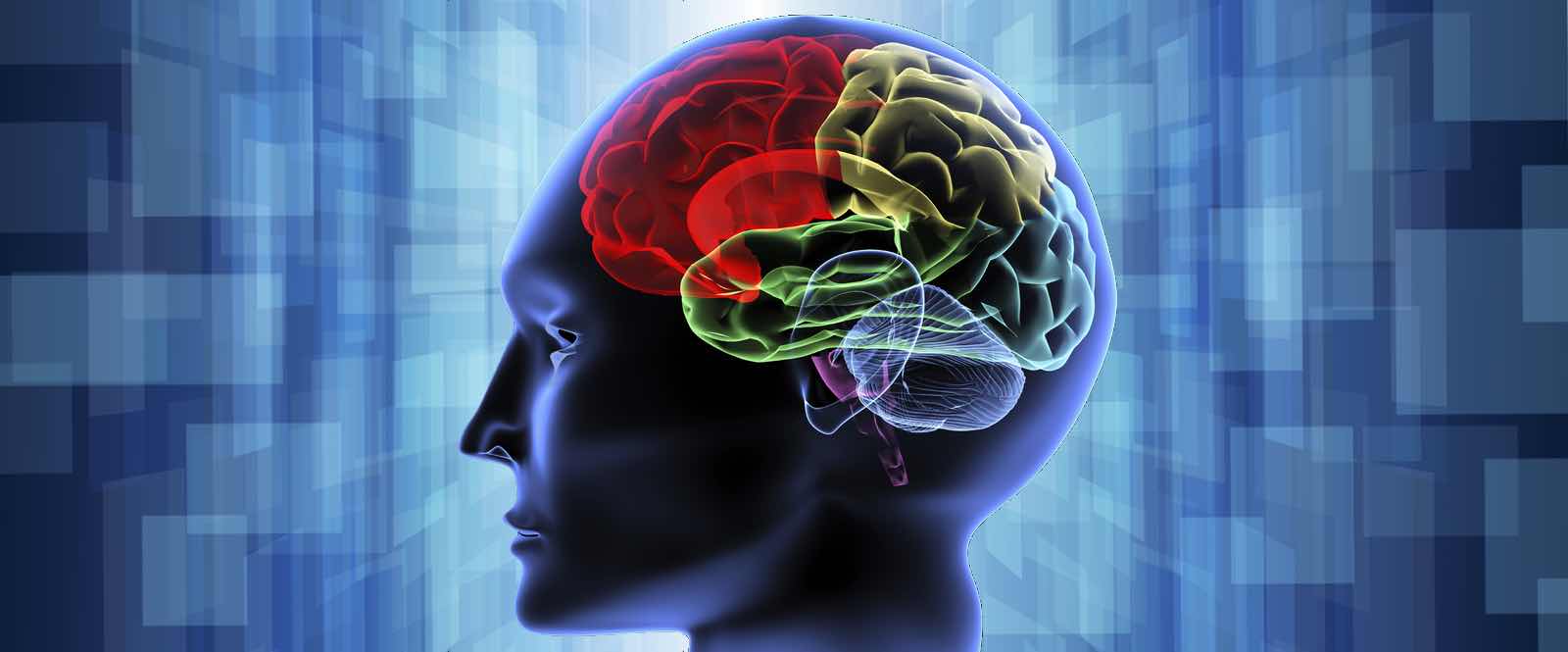Changes In Communication Alzheimer’s disease or other types of dementia will gradually affect how you communicate with people. Changes in your ability to communicate will be unique to you, so there is no way of knowing in advance what those specific changes might be. We do know, however, that when you have early dementia it generally takes longer for your brain to process what’s being said to you. Some of the other ways that communication may be affected are: * Needing more time to decide how [...]





